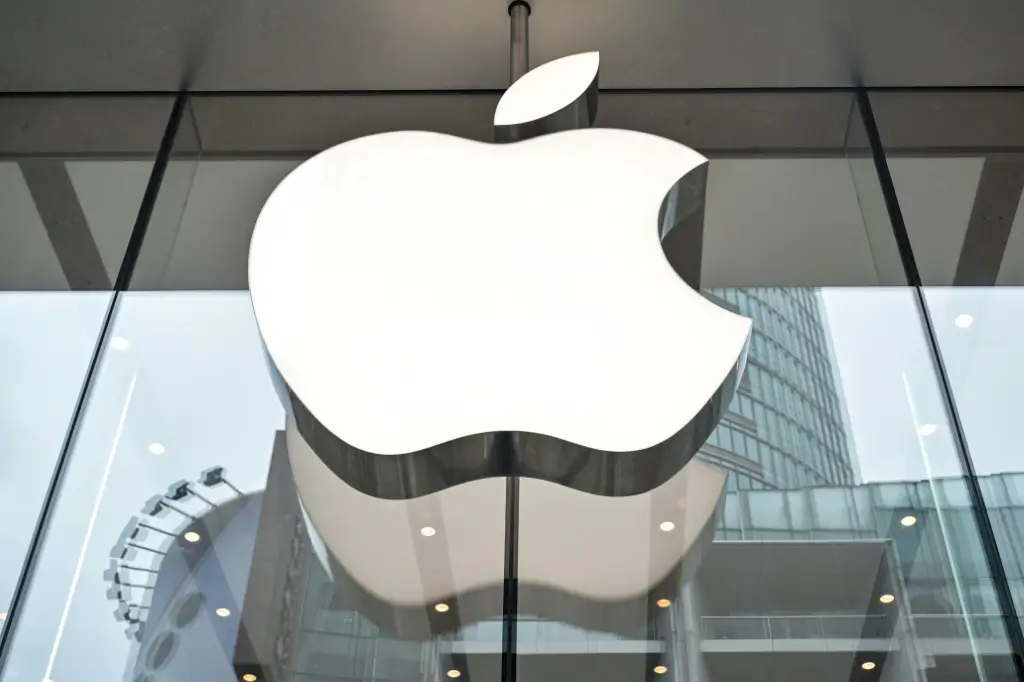
Apple has officially filed an appeal against the €500 million fine imposed by the European Commission in April, accusing Brussels of enforcing changes to its App Store operations that the US tech giant claims are "bad" for users and overly punitive.
The European Commission in April slapped Apple with the fine for preventing developers from steering customers outside its App Store to access cheaper deals in breach of the bloc's digital competition rules.
In its formal appeal filed on Monday with the European Court of Justice in Luxembourg, Apple argued that the Commission's decision and the unprecedented fine “go far beyond what the law requires.” The company further criticized the EU for mandating specific business terms on how Apple runs its App Store, claiming these measures are confusing for developers and detrimental to users.
Apple stated, “We implemented these changes to avoid punitive daily fines and will share the facts with the court,” signaling its intent to contest the regulatory demands and penalties aggressively.
Last month, in an effort to comply with the EU’s Digital Markets Act (DMA) and avoid further fines, Apple announced modifications to its App Store payment policies in Europe. These changes include allowing developers to offer alternative payment options directly within their apps. However, the European Commission is still assessing whether these adjustments adequately address its concerns.
The Digital Markets Act, a landmark piece of EU legislation, aims to regulate dominant tech platforms and ensure fair competition and consumer choice in digital markets. Apple has frequently criticized the DMA, asserting that it forces the company to implement changes under threat of steep penalties, limiting its operational flexibility.
This latest development follows years of ongoing disputes between Apple and EU regulators over competitive practices. Brussels had previously fined Apple €1.8 billion in March 2024 for allegedly abusing its dominant position in the music streaming market.
As Apple and the European Commission continue their legal battle, this case highlights the broader global tension between large tech corporations and regulatory authorities seeking to enforce competition and consumer protection laws.